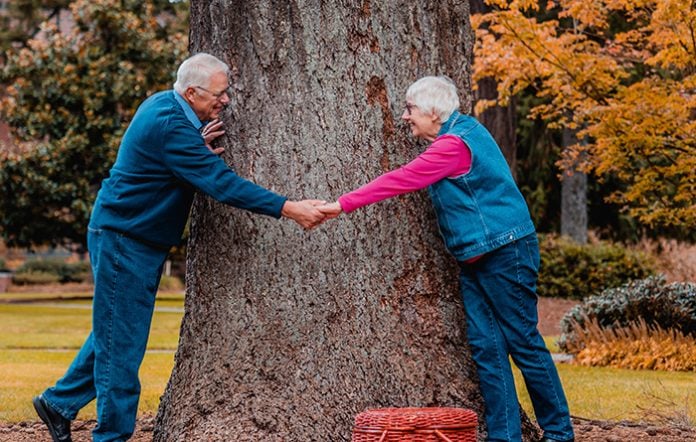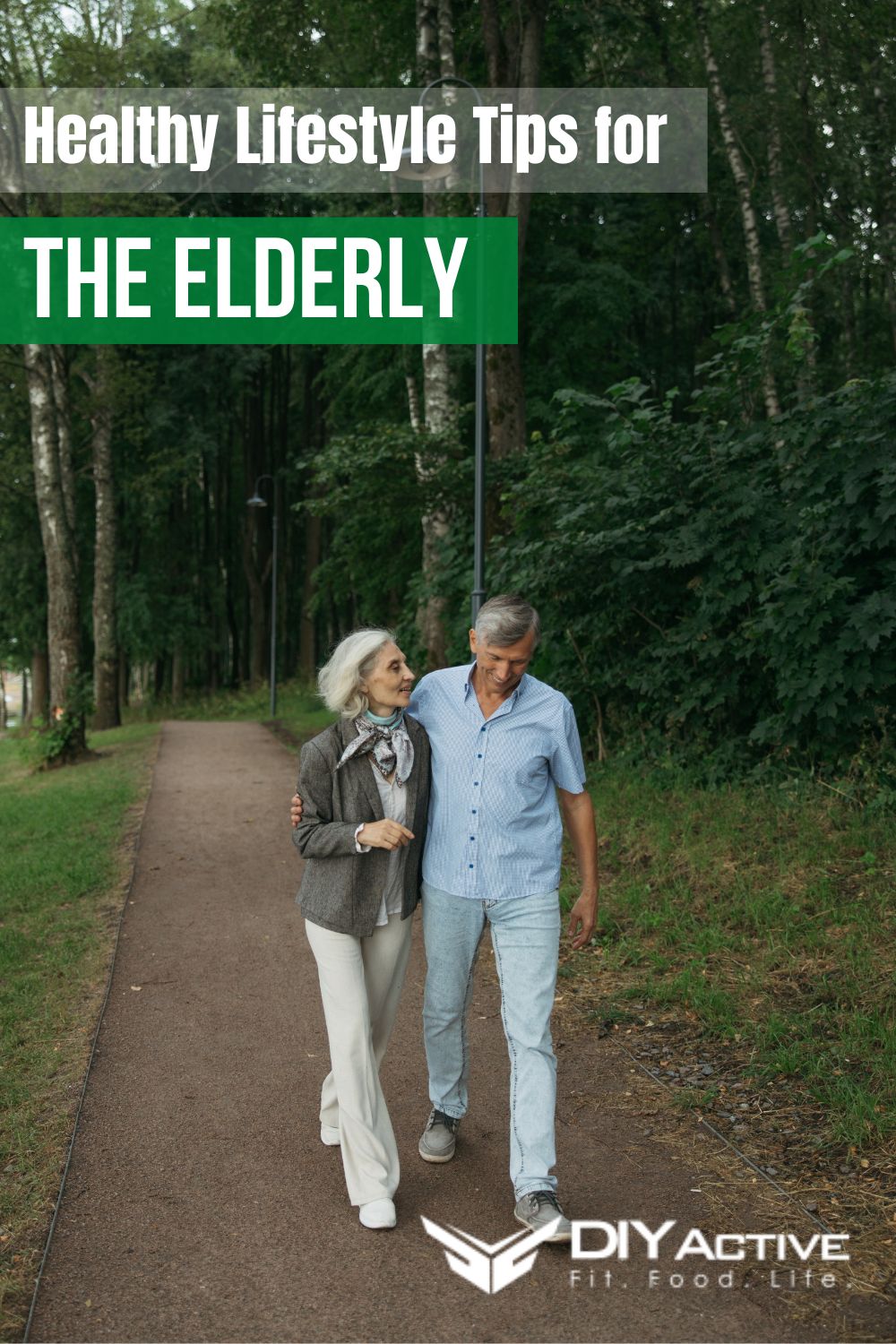
Healthy Lifestyle Tips for the Elderly
There are a range of misconceptions about the lives of elderly people. Some people think that senior citizens have a lower quality of life and may struggle to stay healthy. In some cases, this is true, as older people tend to be more prone to chronic illnesses and health conditions. The elderly may not have the same level of social interactions as they did in earlier years, as they may have lost loved ones and can often live alone and become isolated. However, millions of elderly people enjoy a full and happy life in their senior years.
How the Elderly Can Have a High-Quality Lifestyle?
They remain active and find that they have the time to indulge in pleasurable activities that they could not undertake whilst building their working careers. This type of high-quality lifestyle can be enjoyed by more elderly people if consideration is given to daily health and social needs.
Put simply, by adopting a health-focused regime in later life, it is possible to live life to the fullest. In this article, three health tips for the elderly will be discussed that promote the highest quality of life.
Give Up Unhealthy Habits
As a first point, it is incredibly important for the elderly to cease any habits that may be damaging to their health. Smoking and drinking to excess are common habits that seem innocuous in adulthood. However, the long-term effects of smoking and excessive alcohol consumption can be disastrous for the later stages of life.
Smoking significantly increases the risk of developing cancer and must be ceased at the earliest opportunity. It might seem pointless to quit smoking if you have been for the last 40 years, but quitting in later life still has value, and elderly people may find that they can undertake more strenuous activities once they no longer smoke.
In terms of drinking, medical experts recommend that for men, daily alcohol consumption should not be above four drinks and should ideally be less. Women should aim not to drink more than three alcoholic beverages a day. Again, the sooner you cut down or stop, the sooner you will see the benefits. You will be able to prevent further damage and your organs will start to repair themselves.
Consider Senior Living Facilities
Many senior citizens reach a point where their mobility levels decline significantly. Whilst this can be managed, and the effects lessened by eating a protein-rich diet (to promote muscle mass and higher bone density), in some cases, it can pose a risk to daily life.
In old age, the elderly may be at a greater risk of sustaining injuries because of falls due to poor mobility. Falls also result in larger injuries as bone density (and therefore strength) decreases as you age, so a fall is more likely to result in broken bones and not just bruises. In these circumstances, it is important to consider moving to a senior living home where on-site staff can manage mobility problems in a safe environment.
If you live in the state of Illinois, you can find senior living and memory care in Oak Park, IL, which is designed to improve the quality of life for the elderly. Accommodation is designed with the elderly in mind and specific mobility and safety equipment can be installed to ensure that senior citizens can remain as mobile as possible.
These types of facilities are also designed to promote all aspects of health, so they encourage physical fitness and good nutrition but also encourage games and social interaction.
It is easier to stay physically well and mentally healthy when we interact with other people, particularly friends – and it is easier to make friends when the people around you are of the same age and with the same experiences, than when you are home alone and not able to move around as much as when you were younger.
The Power of Regular Exercise
As a final point, as mentioned above it is important to recognize the power of exercise in elderly life. Taking regular exercise at a suitable level of intensity (based on your personal fitness levels) can be incredibly beneficial for both mind and body.
It helps to keep muscles and bones strong, improves the functioning of the cardiovascular system, and can help to improve your mood (thanks to the production of “feel good” hormones, such as dopamine during exercise).
Elderly people should aim to undertake gentle forms of exercise daily to ensure that mobility and fitness levels remain as high as possible.
Photo by Sofia Shultz
Photo by Anastasia Shuraeva



